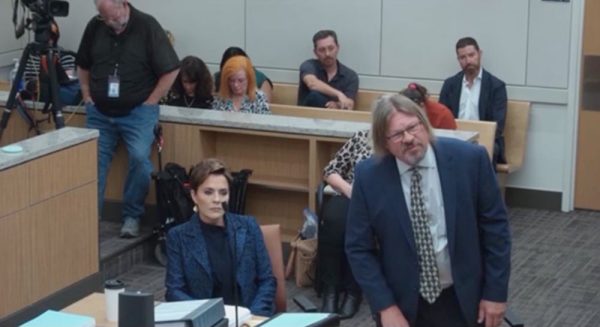Possible benefits to changes in IRS technological systems—may enhance customer service and notice operations during tax season
March 9, 2023
The IRS has taken steps toward change when it comes to customer service during tax season by updating their technological systems and notice operations.
Many financial service professionals such as CPA’s, investment advisors, and bookkeepers have felt that updates to systems in the IRS are long overdue.
They are also noting the frustration expressed by taxpayers as flaws in the IRS system have caused them financial hardship and an inconvenient amount of time spent on fixing issues that arise.
Craig Riggle, a Valley CPA with over 40 years of experience, gave Northeast Valley News some insight into what he went through with the IRS alongside his clients, especially after the outbreak of COVID-19.
“What was happening in the background during COVID was they were all working from home and things really got backed up,” Riggle said.
Not only was the IRS stacking up a large amount of paper backlogs, but their computer systems were causing massive delays for millions of taxpayers.
One such delay happened to a client of Riggle’s who asked him to help file an employee pension plan form that had a March 31 year-end date.
“We filed them all timely,” said Riggle.
Not long after filing, his client received a letter with an incorrect date from the IRS stating they had not received the (December-not March) 31 year-end payment and he’d be hit with a $30,000 penalty.
Riggle wrote a letter back, since the IRS did not use email for correspondence, and in that time his client received an unsettling second letter. Soon there was a third, in which the IRS stated they needed six more weeks to view their filings.
Three more months passed before a fourth letter arrived, this time informing Riggle’s client that there was nothing due.
“Something happened, something got triggered and so it’s very frustrating to deal with the IRS,” Riggle said.
Bob Groom, an IT specialist and small businessman from Phoenix knows firsthand how behind the times the IRS is too.
“Stuff that should have been done 20 years ago; they’re just now getting to,” Groom said.
There has been no direct line of communication between operating systems and computers continuing to send out automated letters after issues had been resolved.
Inefficient customer service also adds to both taxpayer and finance professionals’ frustration.
According their 2022 Annual Report to Congress of the “half a billion telephone calls over the past two and a half years, only 13% reached an assistor.”
As these new changes take effect, the hope is that customer service from the IRS reduces frustrations for taxpayers and financial service professionals.












